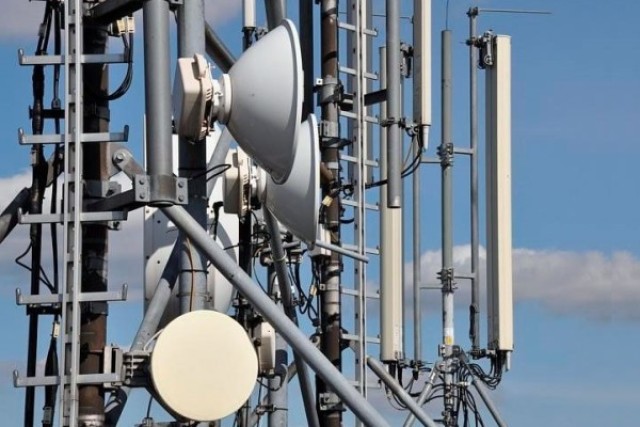The US suddenly eased anti-Russian sanctions. Now the import of software, hardware, services and technologies related to telecommunications, the Internet, and online communication is allowed in the country. The reasons for the indulgences have not been established.
The US authorities have revised their sanctions policy against Russia in favor of easing it. By the decision of the American Ministry of Finance, restrictions on the supply of telecommunications equipment to the country, as well as hardware for working and using the Internet, were lifted.
The changes are stated in the general license published by the Ministry of Finance (you can download the file from the CNews file server). According to its text, sanctions are also lifted for telecommunications services, software and technologies.
First of all, this affects instant messaging, documents and media content. Such indulgences apply to everything related to video conferencing, chatting and e-mail, as well as through social networks, web surfing, web hosting, blogging. It is separately noted that the sanctions no longer apply to domain name registration services.
Separately, the document says that the United States still prohibits "opening or maintaining correspondent accounts or transactional accounts for or on behalf of" sanctioned Russian financial organizations. In addition, "any write-off of funds from an account on the balance sheet of an American financial institution belonging to the Bank of Russia, the National Welfare Fund or the Russian Ministry of Finance is still prohibited."
The US Treasury Department does not specify what exactly caused the easing of pressure on Russia in general and on each of its citizens in particular. Recall that it is the United States that is the initiator of anti-Russian sanctions. American President Joseph Biden warned back in December 2021 that he would deprive Russia of smartphones and car parts if it decided to launch a special operation. At the beginning of 2022, he confirmed his intentions and was generous with the threats of new restrictions.
The new document of the Ministry of Finance does not say what exactly the US sanctions are no longer valid for. Telecommunications equipment can be considered, for example, both base stations and mobile communications – the same smartphones. They also fit the definition of devices for communicating in messengers, whereas computers can be used for video conferencing and web surfing.
"All operations carried out in the usual manner and necessary for receiving or transmitting telecommunications with the participation of Russia are allowed," the document of the Ministry of Finance says. It also says that it is now allowed to "export or re-export, sell or supply directly or indirectly from the USA or by US citizens, regardless of where they are located, to Russia services, software, hardware or technologies" that are related to the listed areas.
The United States and European countries have been against Russia since the end of February 2022. The greatest damage to the Russians was caused by American sanctions, since the United States has leverage even on companies registered in a completely different country.
A striking example is the largest contract electronics manufacturer TSMC from Taiwan. He uses American technologies in his activities and therefore has to obey the decisions of the US authorities. In February 2022, he completely froze the production of Russian processors "Baikal" and "Elbrus".
Also, because of the US authorities, American IT companies left Russia en masse. Apple stopped selling all its equipment, AMD did the same with processors, and Intel completely curtailed all its activities in Russia.
At least IBM, Red Hat, Oracle, Adobe and, of course, Microsoft are on the list of American companies that have greatly complicated the lives of Russians after their departure. The latter, however, attempts to return.
As for telecommunications equipment, which is no longer subject to US sanctions, here Russia suffers more from the decisions of the leadership of European countries. Russia does not have its own hardware for cellular networks – it was supplied by Swedish Ericsson and Finnish Nokia, which are currently also boycotting the Russian market.
Europe has left Russians without Ubuntu, the most popular Linux distribution in the world. But here, unlike the "iron" sphere, Russia has not lost anything, since there are a lot of domestic constantly developing distributions in the country.

